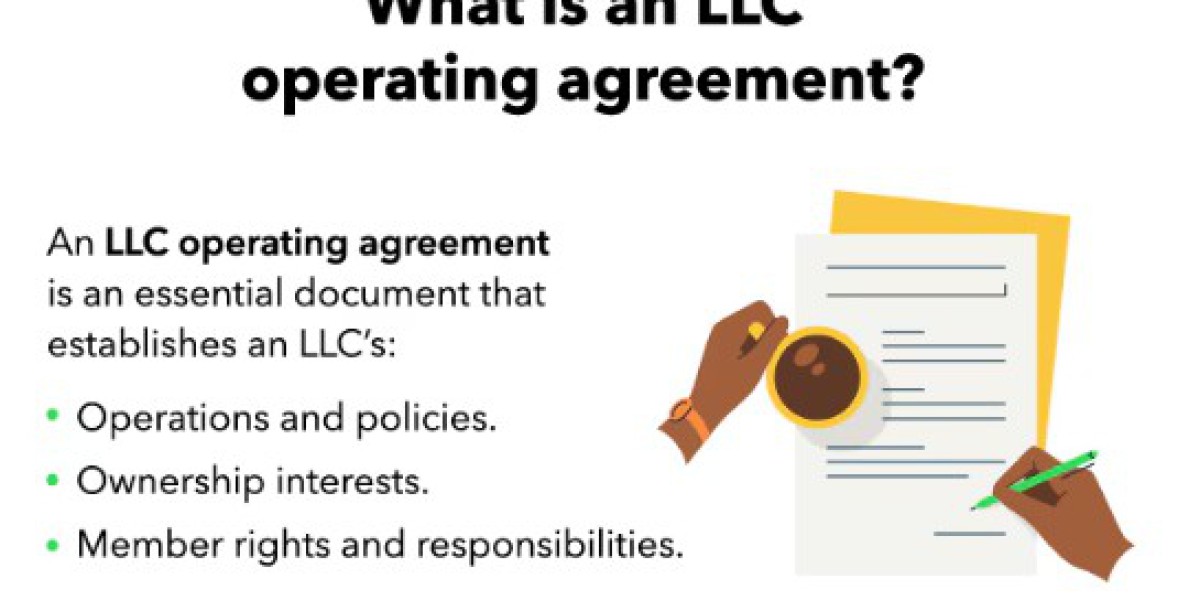Are you considering starting a business in Texas? If so, forming a Limited Liability Company (LLC) might be the right choice for you. An LLC provides a flexible business structure that offers both liability protection and tax benefits. In this comprehensive guide, we'll explore everything you need to know about establishing an LLC in Texas, including the costs involved.
What is an LLC?
Before we delve into the costs, let's briefly discuss what an LLC is. A Limited Liability Company is a business structure that combines the limited liability protection of a corporation with the pass-through taxation of a partnership or sole proprietorship. This means that owners, known as members, are not personally liable for the debts and liabilities of the LLC.
Why Choose an LLC in Texas?
There are several reasons why entrepreneurs choose to form an LLC in Texas:
- Limited Liability: Members' personal assets are protected from business debts and lawsuits.
- Tax Flexibility: LLCs can choose how they want to be taxed, either as a sole proprietorship, partnership, S corporation, or C corporation.
- Ease of Formation: Setting up an LLC in Texas is relatively straightforward and requires minimal ongoing compliance requirements.
- Credibility: Having an LLC can add credibility to your business and may make it easier to obtain financing or attract investors.
How Much Does it Cost to Establish an LLC in Texas?
The cost of establishing an LLC in Texas can vary depending on several factors, including the filing fees, publication requirements, and any additional services you choose to utilize. Here's a breakdown of the typical costs involved:
- Filing Fee: The filing fee to register an LLC with the Texas Secretary of State is $300. This fee is required at the time of filing your Certificate of Formation, which is the document that officially creates your LLC.
- Publication Fee: In some counties in Texas, LLCs are required to publish a notice of their formation in a local newspaper. The cost of this publication can vary depending on the newspaper and the length of the notice. It's essential to check with the county clerk's office in the county where your LLC is located to determine if publication is required and the associated costs.
- Registered Agent Fee: Texas requires LLCs to have a registered agent, which is a person or company designated to receive legal documents on behalf of the LLC. While you can serve as your LLC's registered agent, many business owners choose to hire a professional registered agent service, which typically costs between $50 to $300 per year.
- 4. Legal Fees: While not required, many entrepreneurs choose to seek the assistance of an attorney to help them with the LLC formation process. Legal fees can vary depending on the complexity of your business structure and any additional services you require, but they typically range from a few hundred to a few thousand dollars.
Steps to Establish an LLC in Texas
Now that you know the costs involved let's walk through the steps to establish an LLC in Texas:
- Choose a Name: Select a unique name for your LLC that complies with Texas naming requirements and is not already in use by another business in the state.
- Appoint a Registered Agent: Designate a registered agent who will receive legal documents on behalf of your LLC.
- File Certificate of Formation: Prepare and file the Certificate of Formation with the Texas Secretary of State. You can file online, by mail, or in person. Remember to include the $300 filing fee.
- Draft an Operating Agreement: While not required by Texas law, it's advisable to create an operating agreement that outlines the ownership and operating procedures of your LLC.
- 5. Obtain an Employer Identification Number (EIN): You'll need an EIN from the IRS for tax purposes, even if your LLC does not have employees. You can obtain an EIN for free from the IRS website.
- Publish a Notice: If required by your county, publish a notice of your LLC's formation in a local newspaper.
- Obtain Necessary Permits and Licenses: Depending on your business activities, you may need to obtain specific permits or licenses to operate legally in Texas.
- Comply with Ongoing Requirements: Maintain compliance with Texas LLC regulations by filing annual reports and paying any necessary fees.
Conclusion
Establishing an LLC in Texas can be an excellent choice for entrepreneurs looking to start a business with liability protection and tax flexibility. While there are costs involved, the benefits of forming an LLC often outweigh the expenses. By following the steps outlined in this guide and understanding the costs involved, you can set your business up for success in the Lone Star State.



